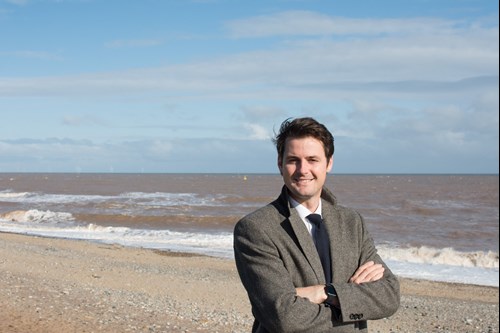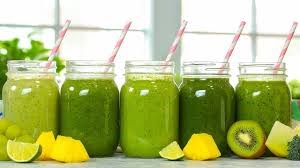In a 12-month trial, United European Car Carriers (UECC) replaced conventional fuel with biofuel onboard the 20-year-old, 140m long Ro-Ro vessel Autosky. The results give a tantalising view of how aging assets can be transformed into environmental front-runners almost overnight.
“Maybe there’s a better way.”
With a stringent IMO target of reducing maritime GHG emissions by 50% by 2050, and growing environmental awareness throughout society, there’s a natural emphasis on replacing “dirty” aging vessels with modern, efficient assets. That’s understandable, says Daniel Gent, Energy & Sustainability Manager at UECC, but it has an add on price and comes with its own environmental impact.
“But what if there was a ‘drop-in’ solution?” he ponders: “A means of dramatically improving the environmental performance of the current fleet without significant modification? That could be an important stepping stone on maritime’s transitional journey to a sustainable future.
“Autosky is already en route.”

Daniel Gent
Remarkable reductions
In March 2020 the 6,500dwt car carrier, boasting a 2,080-vehicle capacity, started an innovative trial. After a deep cleaning of its fuel tanks, and appropriate crew training, the vessel swapped conventional fuel for sustainably sourced biofuel. Provided by supplier GoodFuels, this green shipping ‘smoothie’ is made from a variety of food stocks, including processed cooking oil. Compared to HFO it’s an ultra-clean alternative.
The initial three-month pilot was extended to a year with support from BMW Group, a key UECC customer.
The results, Gent explains, constitute “a remarkable achievement” with stunning emissions reductions.
Over the course of the initiative Autosky used 6,000 tons of biofuel, reducing its overall CO2 (per ton-km) from 85.62gCO2/tkm in 2019 to 35.96gCO2/tkm. In other words, an almost 60% reduction in carbon intensity. To put this into context, IMO has set the seemingly ambitious target of a 40% reduction by 2030.
“This shows how forward-thinking owners like UECC can not only meet these goals, but surpass them,” Gent notes, adding, “and we can do it today, not tomorrow!”
Leading the transition
The figures are impressive. In total Autosky reduced CO2 emissions by 20 million kilograms, equating to a reduction of around 9,000 kilograms of sulphur oxide and a near total elimination of particulate matter. As a result, UECC has now decided to continue with the use of biofuel for the vessel – which serves a short sea route from Rotterdam to Zeebrugge, Santander, Pasajes and back to Rotterdam – introduced it on another ship, and is now investigating the possibility of utilising bioLNG for its operations in the Baltic.
“We are committed to being at the front of shipping’s green transition and providing low emission or carbon neutral solutions,” comments Gent. “As we can see from this trial, that’s now viable on ‘legacy’ tonnage.”
Lifecycle impact
The UECC executive sees potential for greater uptake right across the industry - a move that can be accelerated with governmental incentives (allaying extra cost) and buy in from cargo owners.
“This is key,” Gent concludes. “If biofuel is to succeed as a marine fuel, customers need to back it, embracing this simple, tried and tested solution as an excellent way to reduce the total lifecycle footprint of their goods. More and more cargo owners are focused on their own environmental goals throughout the value chain, as well as meeting demands of both society and other key stakeholders, so I think, as awareness grows, increasing numbers will come on board.”
It’ll be interesting to see how this develops, potentially altering future fleet renewal patterns. After all, if you’ve discovered shipping’s secret of eternal youth, then age becomes nothing more than a number.
Anyone for a smoothie?
